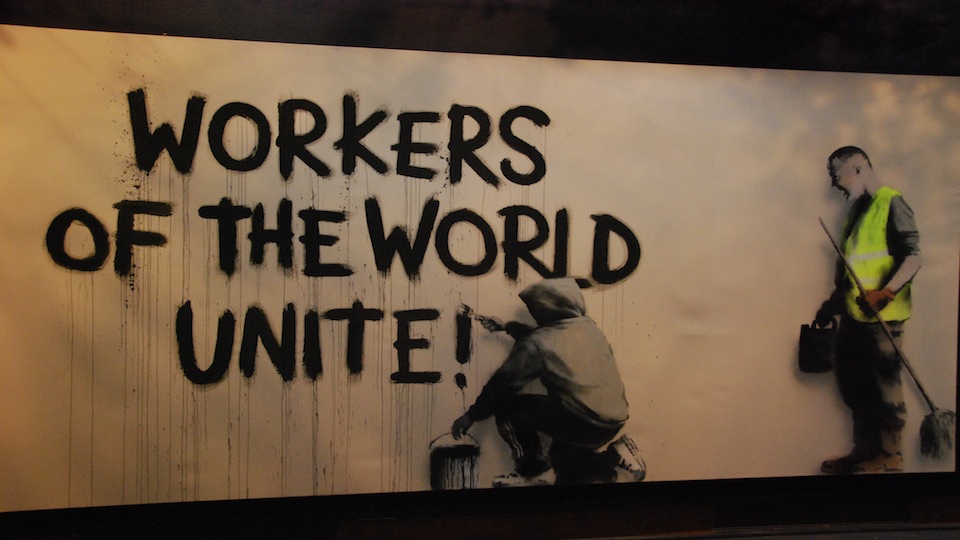Whither Democracy and Unionism
Bridging Differences returns from its summer break today. Deborah Meier launches the new blog year with Leo Casey, the executive director of the Albert Shanker Institute, a policy and research think tank affiliated with the American Federation of Teachers.
Dear Leo,
We've known each other for a long time, and had our agreements and disagreements—partially related to the positions we held and thus our relationship to the AFT/UFT. There are, as a result, dozens of issues it might be fun to explore. Picking one to start with, however ...
When people ask me to speak, and ask me for a topic, I always just say, Whither Democracy?
It's in trouble—to say the least. We have our moments of hope that too often get crushed. But while I was working on the inside with kids and families and colleagues my hope vs. despair ratio was very positive because I could re-energize myself daily within the school itself. It's harder these days.
Equally vile is the related issue of "whither unionism." Not only it is vital for raising wages and cutting back on exploitation, but unions are both an opportunity to practice democracy, to get it in our bones and blood, as well as to create the balance of power democracy rests on. To get into the habit of demanding a voice and a place at the table requires organization as well as chutzpah.
It's not enough for our leaders to crave a place at the table. Similarly, it's not enough to know that our leaders were consulted, had a voice at the table when decisions affecting teachers were made. We needed—long, long ago—to tackle how schools could become places where democracy operates daily—where kids and families and community members could witness it, participate with us in creating a lived form of democracy. One kids could see, too.
Schools, as you know, are hardly democratic institutions in almost any sense of the word. Some principals make space for other voices, but in the end they view themselves as the final authority—bowing only to those above them (and that's a pretty common phenomenon). Ditto for teachers and students. While classrooms with teachers who provide space for student voices are important, a "democratic classroom" does not make it a democratic institution. Teachers are, after all, a highly educated workforce, with expertise in education at least equal, if not often superior, to their Whither Democracy and Unionism - Bridging Differences - Education Week:

